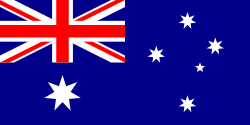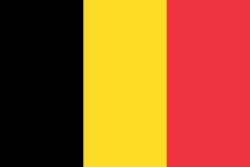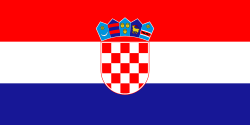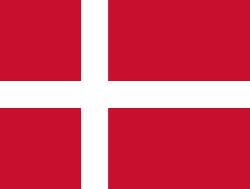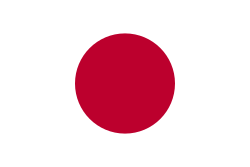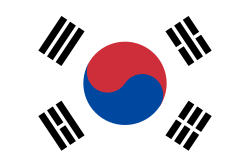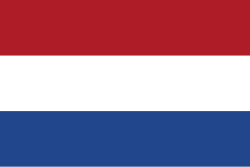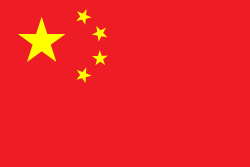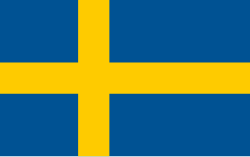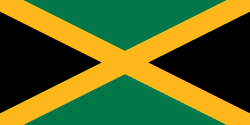Torino 2006
| Torino 2006 | |
| År | Xbox & Windows NA: 24 januari 2006 EU: 27 januari 2006 PlayStation 2 NA: 8 september 2006 EU: 27 januari 2006 |
|---|---|
| Utvecklare | 49Games |
| Utgivare | 2K Sports |
| Genre | Sport |
| Antal spelare | Singleplayer Multiplayer |
| Format | Playstation 2 Xbox Microsoft Windows |
| Medieformat | CD-ROM |
| Åldersrekommendation | |
| ESRB | Alla |
| PEGI | 3+ |
Torino 2006 är ett datorspel baserat på Olympiska vinterspelen 2006 i Turin, Italien. I spelet kan man tävla i: rodel, bobsleigh, skidskytte, Hastighetsåkning på skridskor, Backhoppning, Alpin skidåkning, Längdskidåkning och Nordisk kombination.
Tävlingsplatser
I spelet används samma tävlingsplatser som i verkligheten. De är:
- Sestriere Borgata - Alpin skidåkning (Störtlopp, super-G)
- Sestriere Colle - Alpin skidåkning (Storslalom, Slalom)
- Pragelato - Backhoppning, Längdskidåkning, Nordisk kombination
- Cesana San Sicario - Skidskytte
- Cesana Pariol - Rodel, Bobsleigh
- Torino Oval Lingotto - Hastighetsåkning på skridskor
Spelbara länder
Det finns 24 spelbara länder i spelet. De är:
Special
Det finns lag som representerar andra regioner, och i visa fall ovannämnda länder, men med andra kläder. De kan kommas åt genom att klara olika tävlingar. Lagen är:
Tävlingar
Man kan antingen tävla i en enda gren, i 9-grenarstävling eller 15-grenarstävling. Man kan också skapa sin egen tävling, genom att välja "Customise Competition" vid huvudmenyn.
Kommentatorer
I spelet finns fem olika språk att välja mellan, och varje språk har två kommentatorer. De är:
- Engelska - Jeff Caster, West Westbrook
- Tyska - Hans Joachim Peters, Volker Bogdan
- Spanska - Alejandro Gonzalez, E. Garcia
- Italienska - Emilio de Marchi, Dario de Muro
- Franska - Jacky Nonnon, Guillaume Boullay
Se även
- Olympiska datorspel
- Olympiska vinterspelen
- Olympiska vinterspelen 2006
Källor
- Den här artikeln är helt eller delvis baserad på material från engelskspråkiga Wikipedia.
Media som används på denna webbplats
The civil ensign and flag of Belgium. It is identical to Image:Flag of Belgium.svg except that it has a 2:3 ratio, instead of 13:15.
Det är enkelt att lägga till en ram runt den här bilden
Författare/Upphovsman: Gutten på Hemsen, Licens: CC0
Flag of Norway with colors from the previous version on Commons. This file is used to discuss the colors of the Norwegian flag.
The flag of Slovenia.
- "The construction sheet for the coat of arms and flag of the Republic of Slovenia
- is issued in the Official Gazette Uradni list Republike Slovenije #67, 27 October 1994
- as the addendum to the Law on the coat of arms and flag."
The Flag of Europe is the flag and emblem of the European Union (EU) and Council of Europe (CoE). It consists of a circle of 12 golden (yellow) stars on a blue background. It was created in 1955 by the CoE and adopted by the EU, then the European Communities, in the 1980s.
The CoE and EU are distinct in membership and nature. The CoE is a 47-member international organisation dealing with human rights and rule of law, while the EU is a quasi-federal union of 27 states focused on economic integration and political cooperation. Today, the flag is mostly associated with the latter.
It was the intention of the CoE that the flag should come to represent Europe as a whole, and since its adoption the membership of the CoE covers nearly the entire continent. This is why the EU adopted the same flag. The flag has been used to represent Europe in sporting events and as a pro-democracy banner outside the Union.Flag of Jamaica. “The sunshine, the land is green, and the people are strong and bold” is the symbolism of the colours of the flag. GOLD represents the natural wealth and beauty of sunlight; GREEN represents hope and agricultural resources; BLACK represents the strength and creativity of the people. The original symbolism, however, was "Hardships there are, but the land is green, and the sun shineth", where BLACK represented the hardships being faced.
